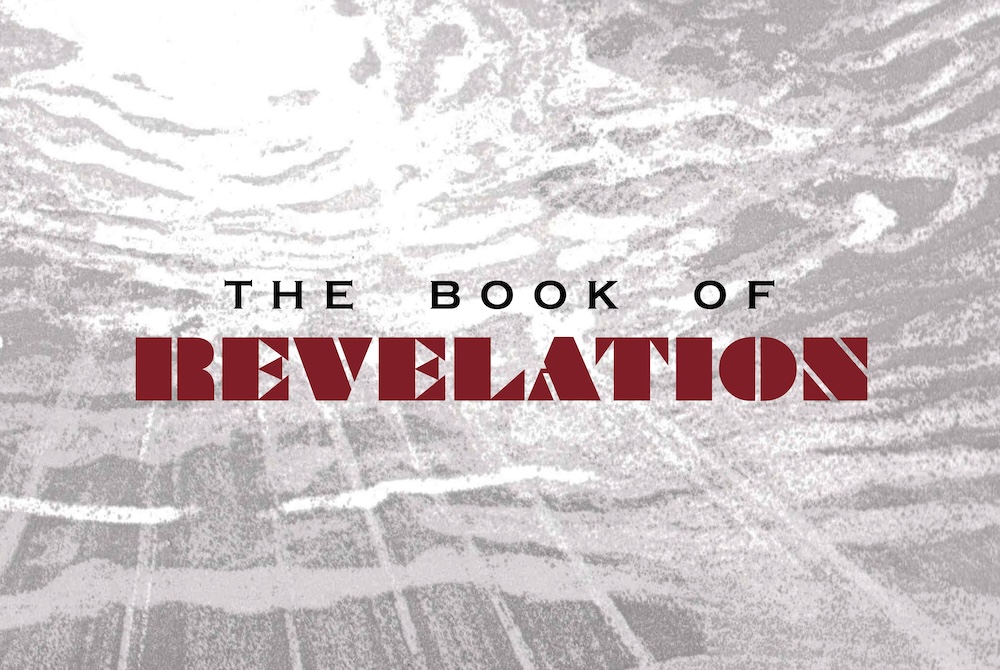
PREPARE YOUR HEART FOR THE SERMON BY LOOKING THROUGH THESE SUGGESTIONS THAT WILL ASSIST YOU IN MAKING THE MOST OF OUR TIME TOGETHER HEARING GOD'S WORD.
You will find suggestions for thinking more critically through the passage, meditating more intently on the text, and prayerfully seeking wisdom to deepen your understanding of the passage to be preached this Sunday.
Carefully Think
- Read Revelation 1-3, and then Revelation 2:18-29 again to see the context of this passage.
- Which church is Jesus addressing in this section? Is there any information you can find about the city of this church (in a study Bible, a Bible dictionary, etc.)?
- How is Jesus described in verse 18? Have we seen these descriptions before in Revelation? If so, what is similar? What is different?
- What does Jesus know about the church in verse 19? What is emphasized?
- What does Jesus have against the church and why?
- What name does John calls the woman in verse 20, and what is the significance of this name? (To refresh your memory, consider reading through the passages in 1 Kings 16:29-33 and 21:1-25 and 2 Kings 9-10 about Queen Jezebel)
- What does the woman call herself according to verse 20? What does she teach, and how does this connect to the church in Pergamum? Are there other similar passages that come to mind?
- What is the command in verse 25? How is this contrasted with verse 24?
- Jesus gives two promises in verses 26-28. What are the two conditions necessary to receive these two promises? How is this similar to the ending of the other six letters in Revelation 2-3? How is it different?
- What is Jesus’s promise in verses 26-28? What is the significance of the authority and rule in verses 26-27? (Hint: Read Psalm 2)
- What is the morning star, literally? What is Jesus referring to here? (consider doing a Bible word search for “morning star” and “star.”)
Prayerfully Meditate
- John uses the phrase “Son of God” only here in Revelation. Why might Jesus uniquely identify Himself as the Son of God in this particular letter to the church of Thyatira?
- Sexual immorality and eating food sacrificed to idols are a sinful practice that is replete throughout Scripture. Why are these two sins so connected, so dangerous, and so condemned? How is sexual immorality still a danger to the church today? What might a modern-day sin be that’s related to eating food sacrificed to idols, as in John’s day?
- “Repent” is repeated three times in verses 21 and 22. How is Jesus’s command to repent here both a comfort and a warning to a Christian caught in sin? How ought this affect how you think and repent of sin in your own life?
- What are “the deep things of Satan,” and why would a church ever support being taught it? What are some modern-day examples of “deep things of Satan” that are taught in churches or Christian communities today?
- The word “deeds” (“works” in ESV) is mentioned five times in this letter. Whose deeds are mentioned? What is the significance of deeds in this letter, and how does Jesus shift whose deeds are in focus as the letter progresses?